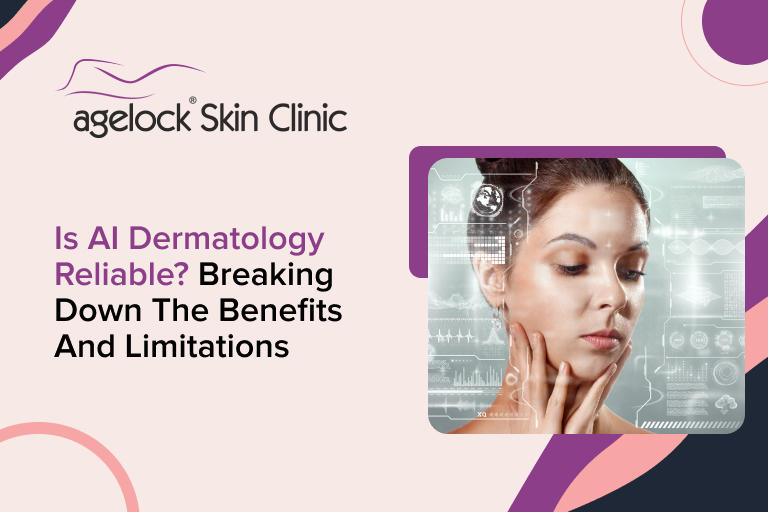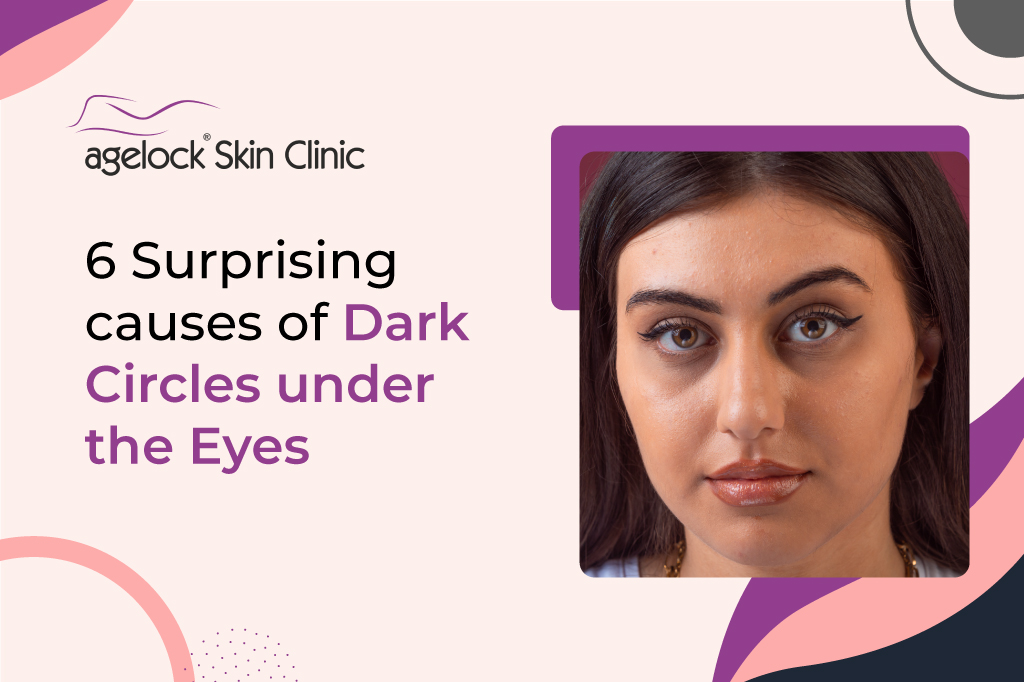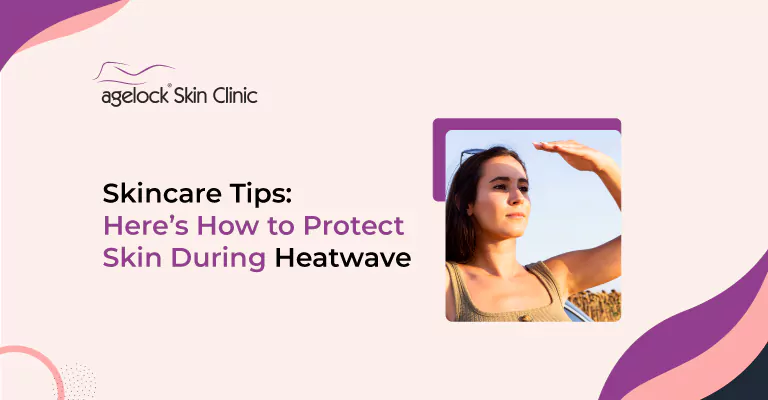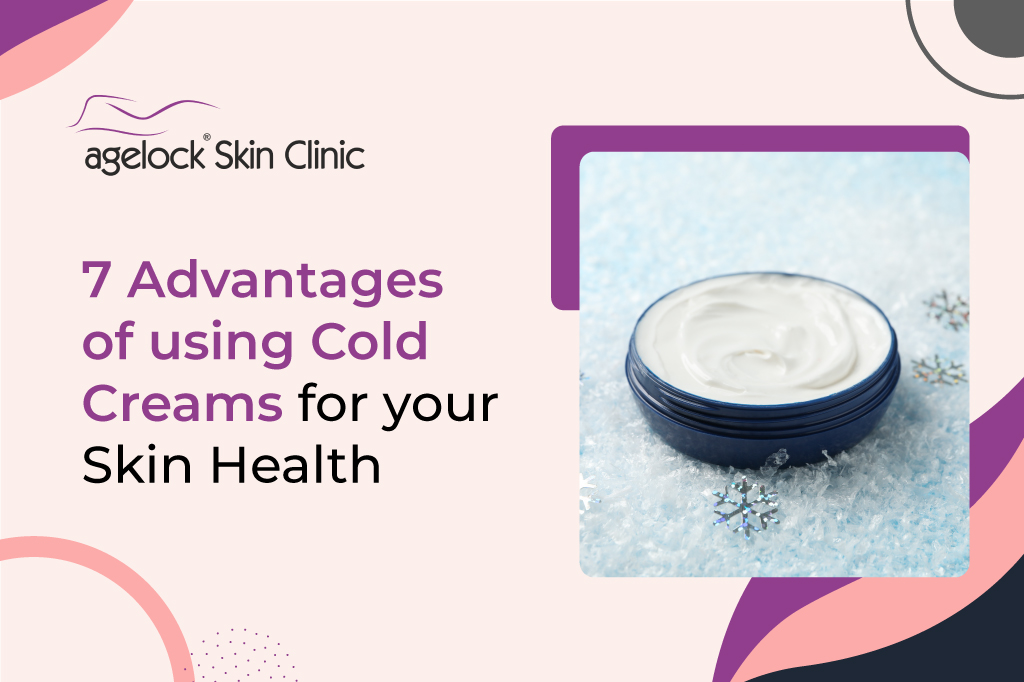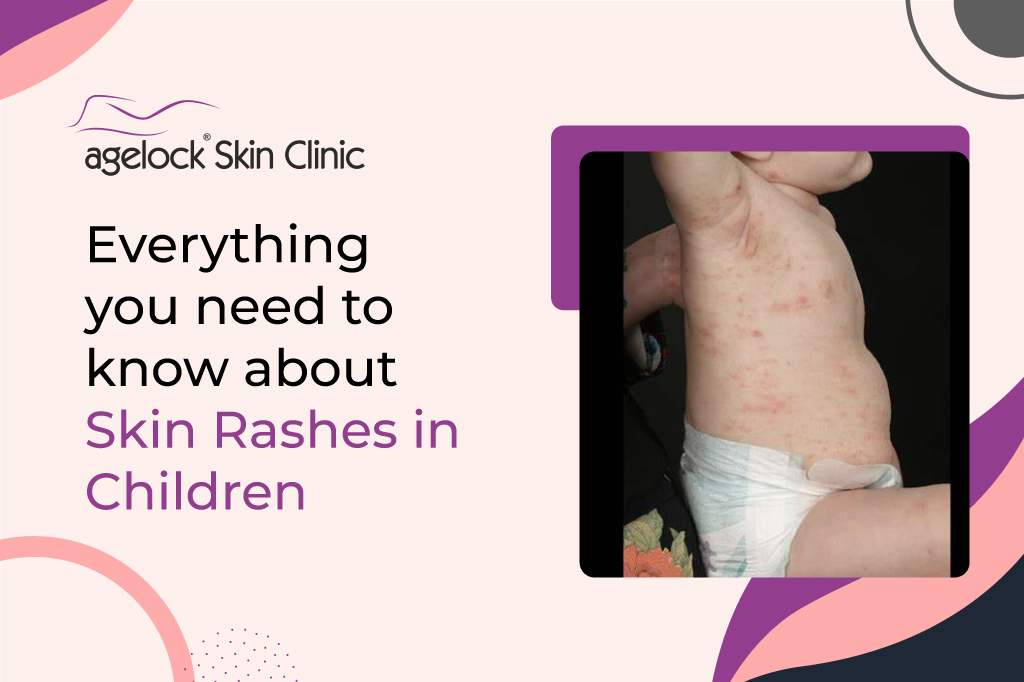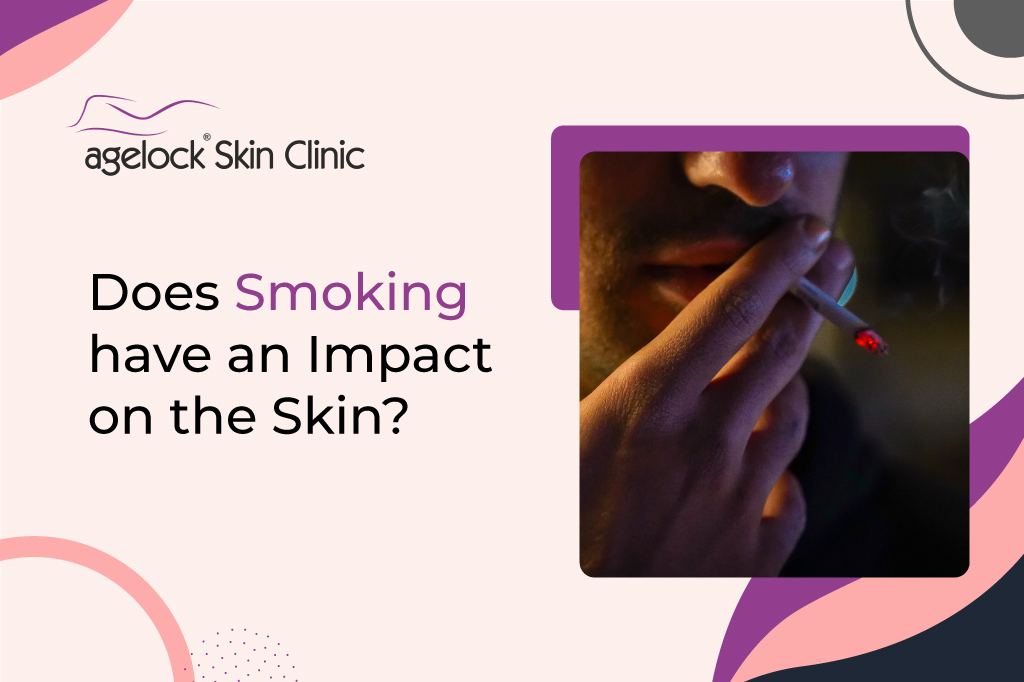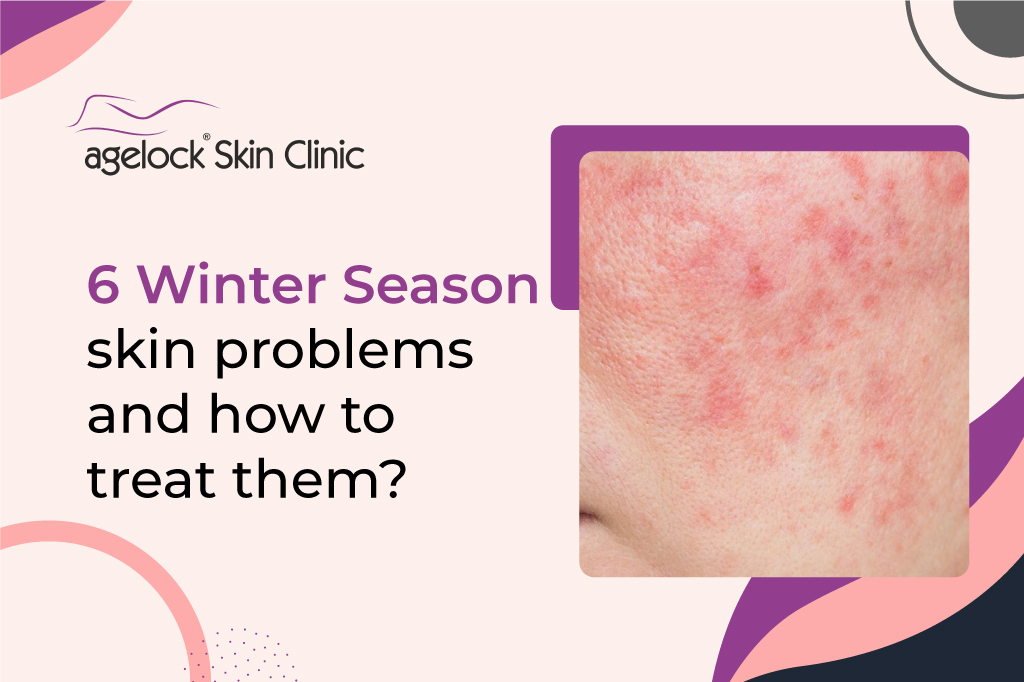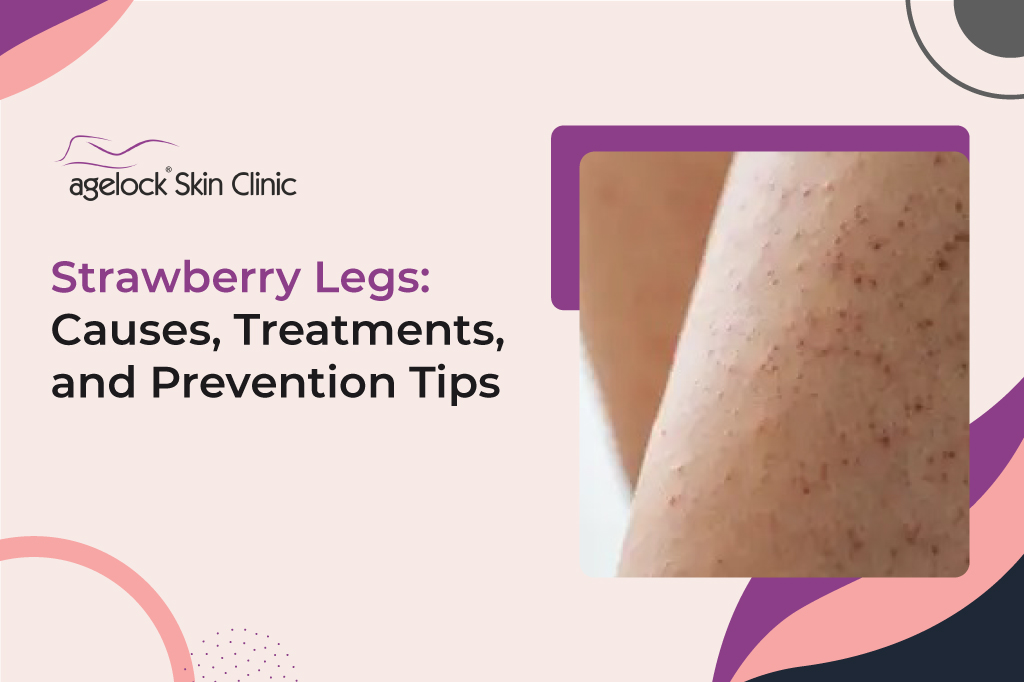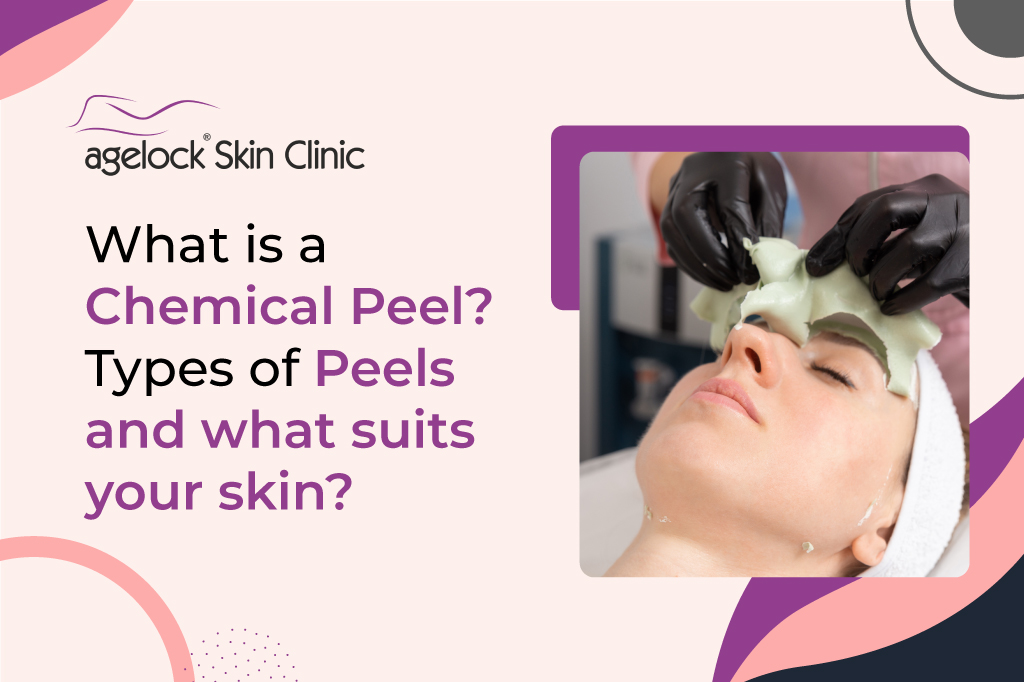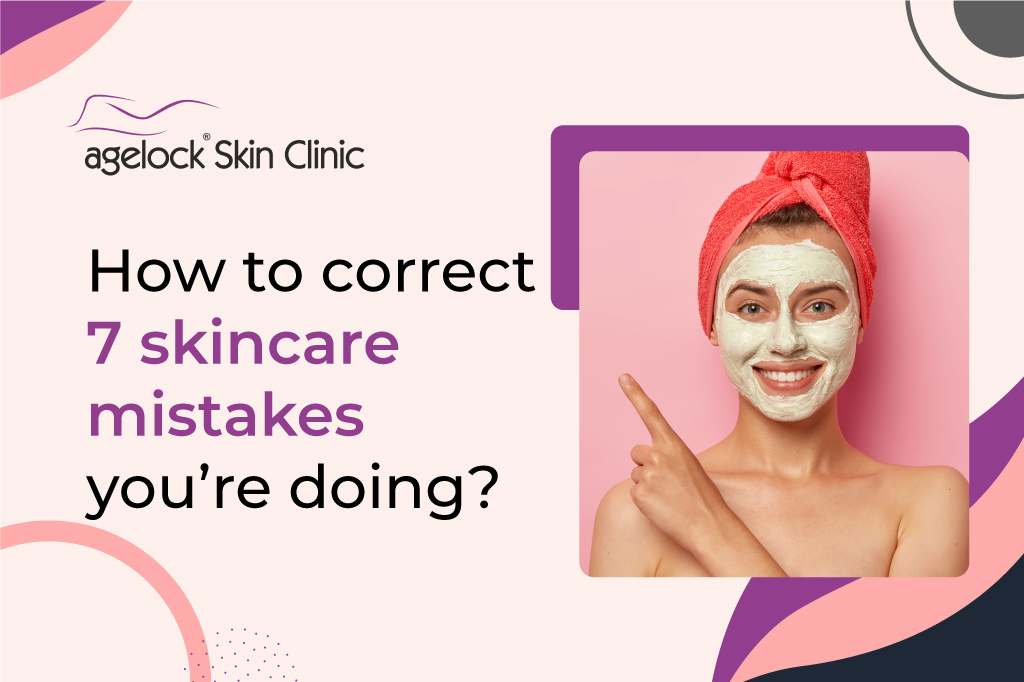What makes your skin feel soft and smooth amidst all the dust and dirt are obviously mositurizers. They do so many other things! There are many moisturizers on the market, and it can be difficult to decide which one is best for you.
This blog post will help you to understand the differences and choose the right one for you. Continue reading to learn more.
What are moisturizers?
Moisturizers protect your skin against drying out. Moisturizers are important for oily skin. Moisturizers shouldn’t be used as the last step of your skincare routine. Moisturizers should be used after any other steps, such as serums, essences, and toners, in order to seal all of your hydration.
Your skin needs moisturizers to maintain its hydration. Your skin will dry out and become dehydrated without them. They can lock in moisture and smoothen the skin, allowing your skin to heal and regenerate properly.
Moisturizer vs. Lotions
Moisturizers are a good option to moisturize your skin. Moisturizers and lotions can’t be used interchangeably. These are the key differences:
Face creams often contain application moisturizers. Lotions are moisturizers, but they also hydrate the skin.
Thickness – A face cream is usually thicker than a lotion for the body. Body lotions are easier to spread over a larger area of skin and can be absorbed quickly by the skin.
Many ingredient lotions contain oils to moisturize thicker skin. Body lotions with thicker ingredients can clog pores and cause more breakouts. Some lotions contain scented ingredients that can cause skin irritation. Moisturizers contain specialized ingredients to treat skin conditions like sensitivity, acne, and anti-aging.
There are three types: oil-based moisturizers, also known as Emollients, and water-based moisturizers, known as Humectants or Oclusivemoisturizers and Occlusives.
1) Emollients
Emollients are ointments and gels that can be used as lotions, gels, or creams. Emollients are oil-based moisturizers that help replenish lost lipids. They soften and moisturize dry and rough skin. These properties are not only good for your skin but also balance your skin’s microbiome to reduce inflammation.
2) Humectants
If you use a lot of alcohol in your skincare products or soaps that dry your skin out, humectant moisturizing lotions might be a good option. This type of moisturizer extracts water from your environment and seals it in your epidermis. Humectants contain amino acids, Glucotrol, and lactic acid.
3) Occlusives
Moisturizers act as physical barriers to prevent your skin from losing water and prevent it from shedding further moisture. These moisturizers may be wax-, silicone-, or oil-based. These moisturizers can be very thick and are recommended for those suffering from severely dry skin conditions like eczema.
Occlusives: Oil components like petroleum jelly, silicones, beeswax, and petrolatum form a barrier over the skin to keep moisture in.
We hope this blog post was helpful. These are some tips to help you choose the best moisturizer for your skin.




